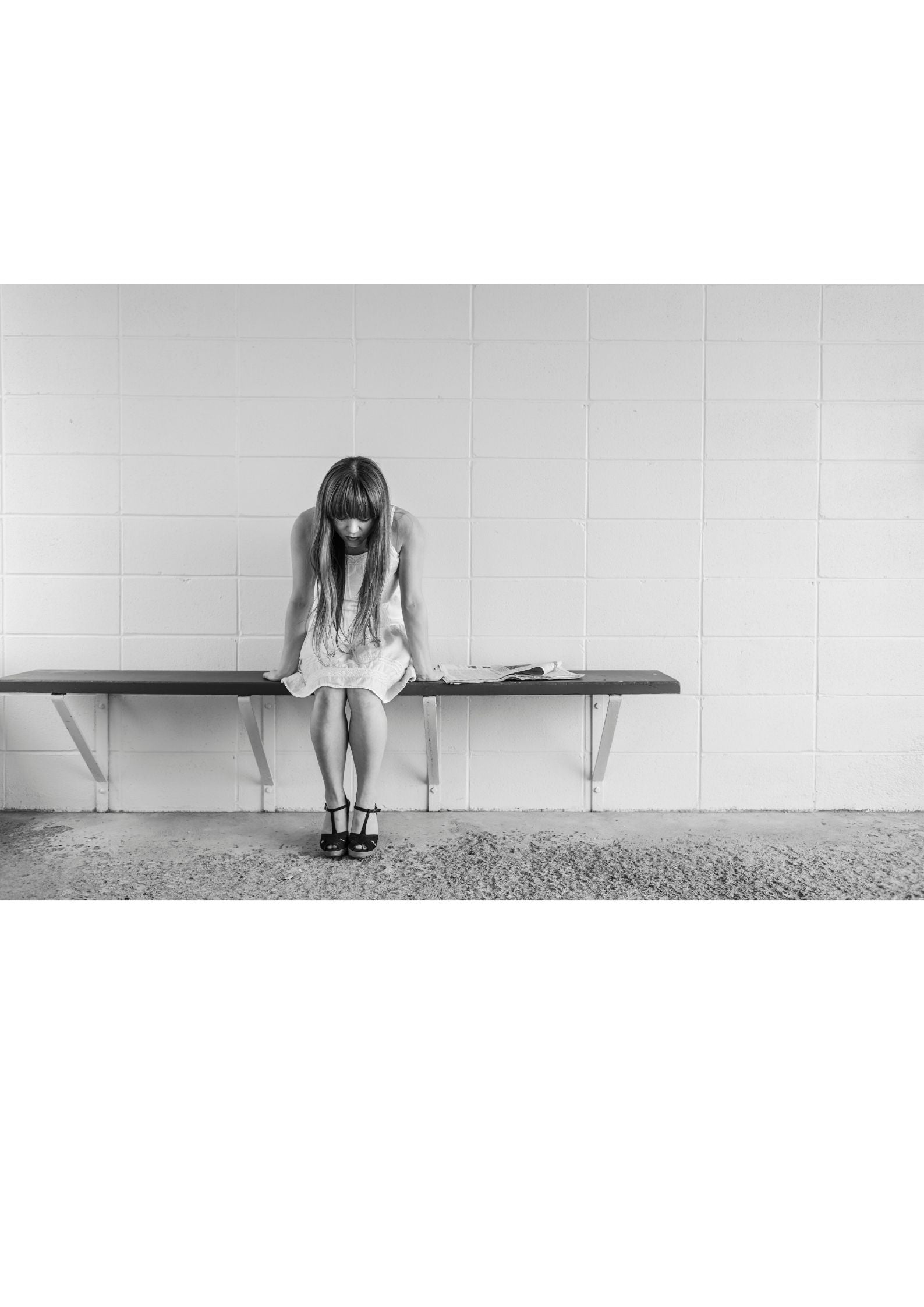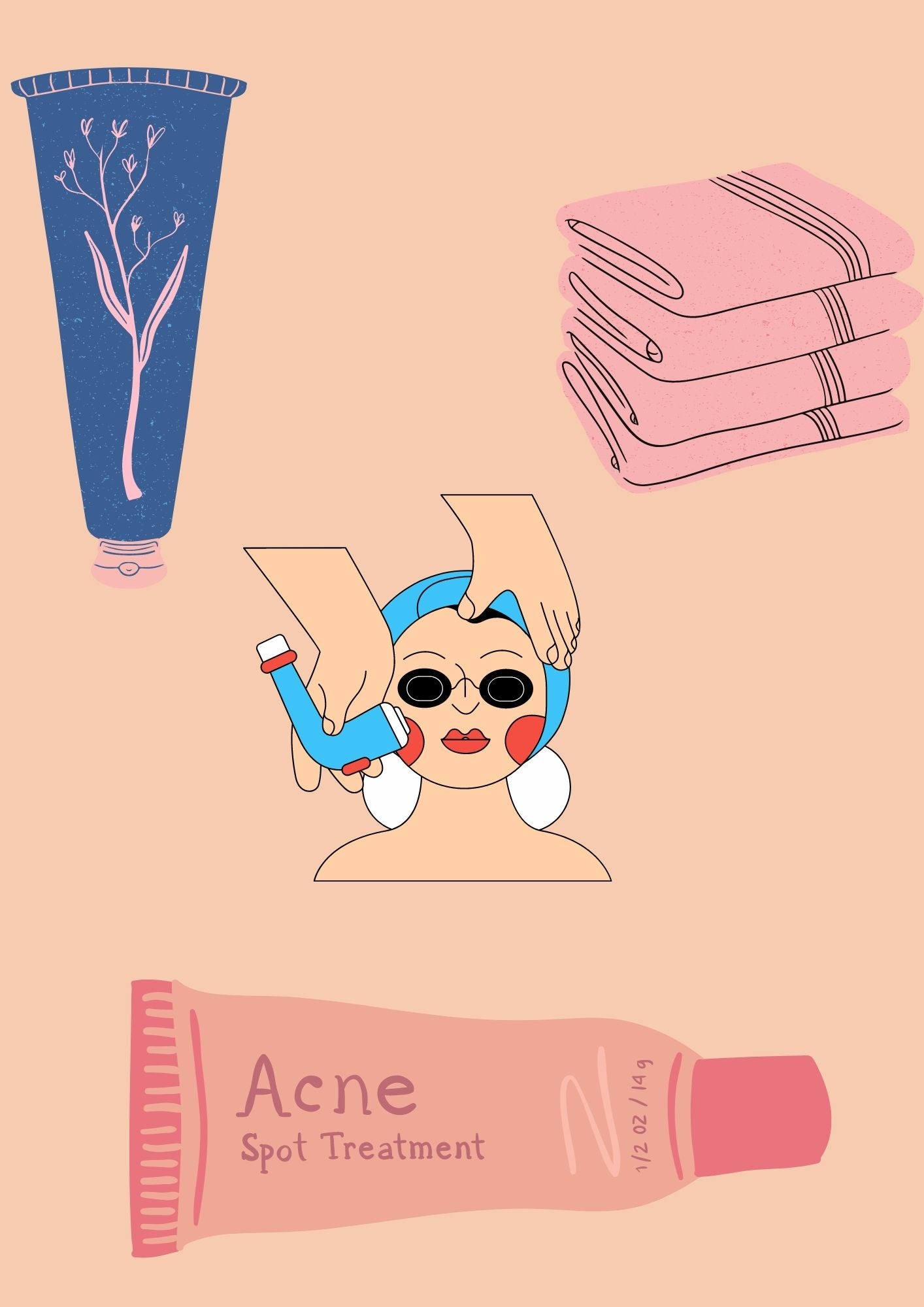Are You SAD? Seasonal Depression & All There Is To Know

Are you experiencing the winter blues? Do you feel low on energy during this season? Maybe, you are experiencing seasonal depression.
Seasonal depression usually starts and ends at the same time of the year, especially the months of winter. Otherwise known as seasonal affective disorder (SAD). It can cause moodiness, depression and a general sense of despair during the cold weather.

To take a closer and more authentic look at it, I spoke to Shehza Butt who is an Associate Clinical Psychologist. She is based in United Kingdom and has extensive experience working with children, adolescents and adults and provides therapy to clients from all over the world. She has been associated with different online platforms; Saaya Health and The Circle in Pakistan. Her expertise helped me gather and organize information for this piece.
Saaya Health is a feasible online platform for affordable mental health counselling. It has different options for corporate wellness, also known as Saaya Employee Assistance Program (SEAP). For personal counselling, you can sign up and find a range of options for specific concerns.
What is SAD?
It is more than the sinking feeling you get when it gets dark, very early. Or when the weather gets chilly. It is a category of depression that is linked to seasonal change and can affect the way you function and behave. According to Dr Rosenthal, it is often seen 'every autumn and winter'.
Clinical psychologist Shehza Butt adds that according to the diagnostic manual DSM VI, it is a form of depression which can be distressful, overwhelming and could impact daily life functions. She further explains that people with SAD go through 'mood changes', fatigue, loss or increase in appetite, loss of interest in activities, difficulty in concentration, noticeable change in sleeping patterns and even suicidal ideation. She shared that during winters it gets dark by 4 P.M in U.K and it is challenging to cope because productivity decreases as days get smaller. It is more likely that those living away from the equator will experience SAD due to shorter days.

Triggers of SAD:
It is often triggered when people live in dark regions that do not receive much sunlight during the cold season. Dr Rosenthal and his colleagues observed 'a group of people' in Maryland, USA and published their findings in 1984. It was described as a “syndrome characterized by recurrent depressions that occur annually at the same time each year.” In simple terms SAD occurs due to seasonal change, especially during colder weather. If you notice a friend or loved one struggling with depression due to the change of season; it might be a good idea to reach out to them.
Is Summer Depression real?
However, it is important to note that some people experience summer depression too. This is also triggered by the change of seasons, except it usually occurs during warmer months. According to WebMD it can lead to 'loss of appetite' and 'trouble sleeping'. It is also the kind of depression experienced by those living 'near the equator'. But since winters are approaching, we will focus on SAD that is triggered by cold climates and long nights.
Those who already struggle with anxiety, depression or mood disorders are more likely to be affected by SAD; especially if they reside in dark, cloudy regions.
Explanations for SAD
Some of the explanations given by experts for SAD include the following:
Chemicals In The Brain:
Reduced serotonin activity could be a contributing factor for SAD. When people reside in areas without much sunlight, their serotonin levels can be affected. This may even happen when the weather changes from summer to winter season. Associate Clinical Psychologist, Shehza Butt shared that bio-chemical imbalance in the brain can cause this particular shift in mood.
Tick Tock Biological Clock:
Lack of exposure to sunlight can affect our body's clock. This includes our sleep pattern and moods. This might be why some people have a drastic change in their routines during colder months. Shehza Butt shares her expertise that a change of seasons can cause a shift in the body's circadian rhythm and hence affects neurotransmitters. This means the body is experiencing chemical changes.
Vitamin D & Melatonin:
With less sunlight, vitamin D levels may drop thereby affecting serotonin too. An overproduction of melatonin due to limited sunlight could lead to laziness and lethargy.
A combination of all these factors could lead to symptoms of SAD.

Symptoms of SAD
Going through SAD is quite challenging because it entails a number of symptoms. They may vary from one person to another.
Many people feels bouts of sadness followed by anxiety. They also relay incidents of feeling lethargic and demotivated. They exhibit lack of interest in social activities and hobbies. Feelings of hopelessness and low self worth are quite common. Some individuals have trouble focusing and become irritable. During the winter months there maybe an increased intake of carbohydrates and weight gain. Suicidal ideation is also a symptom for those experiencing the worst of SAD symptoms. It is advisable to visit a psychologist or psychiatrist (especially for medication related issues).

Recommended Treatments for SAD
Keep in mind that treatments may affect each person in a different way. In some cases, combination of treatments are required for desirable results. Some of the treatments are as follows:
Light Therapy
This is recommended because it exposes a person to more light. Especially since winters are cold and dark. This website recommends sitting in front of special bright lights or a light box (that filter harmful UV rays) for around twenty minutes a day. The website states that it is preferable to start this treatment before the start of winter to avoid relapse. Results can be seen within one to two weeks of treatment.
Cognitive Behavioural Therapy CBT
CBT is an effective approach to resolve SAD. It mostly involves dialogue, talk or conversation with a psychologist. Sometimes psychiatrists are able to provide this kind of therapy too. It is best to approach a CBT specialist so they may reinforce behaviours and thought patterns that help with SAD. According to Associate Clinical Psychologist Shehza Butt from Saaya Health, 'talk therapy' can be helpful especially when paired with a combination of treatments.
Selective serotonin reuptake inhibitors (SSRIs)
SSRIs are often used to treat depression. They help with the chemical balance in the brain. SSRIs are often used as a method of treatment for individuals with SAD.
Get Out & Get Vitamin D
This might sound like a blanket statement. But trying to step out of the house can be helpful too. It doesn't have to be hours at end. Just a few minutes each day could be good for a start. This could also help you ensure that your body is getting vitamin D. Squeeze in some exercise which is great for your hormones and body. If you are deficient, then reach out to a general practitioner so they may supplement you with vitamin D and check if your diet could be affecting your mood.
From a professional perspective, Associate Clinical Psychologist Shehza Butt from Saaya Health recommends to work or study near the window, or spend a few mindful moments in shaded areas like the terrace, garden or balcony. She recommends spending time outside especially when the days are shorter; along with a healthy diet to avoid emotional eating during the cold season.

Her most helpful advice:
"A support systems matters a lot. All of the individuals who are going through this should have a very strong support system. If you are away from home, then stay connected with family and friends online. Make sure you find a corner with a window and some sunlight when you speak to them."
Last Thoughts?
Remember that you are not alone. Many people throughout the world struggle with SAD. There are many support forums and treatment routes. I am also grateful that Associate Clinical Psychologist, Shehza Butt took out time to educate us on seasonal depression and how to cope with it. Be kind to yourself and reach out to those that you trust. Until we meet again!

If you are experiencing the symptoms mentioned above, please reach out for mental health assistance from a licensed professional or licensed platform. Here are a few links you can have a look at:
https://www.umang.com.pk/
https://taskeen.org/en/program/mental-health-helpline/
References:
https://www.normanrosenthal.com/about/research/seasonal-affective-disorder/
https://pubmed.ncbi.nlm.nih.gov/6581756/
https://www.psychiatry.org/patients-families/depression/seasonal-affective-disorder
https://saayahealth.com/
https://www.umang.com.pk/
https://taskeen.org/en/program/mental-health-helpline/
https://saayahealth.com/saaya-for-business/
https://saayahealth.com/saaya-for-you/



Comments